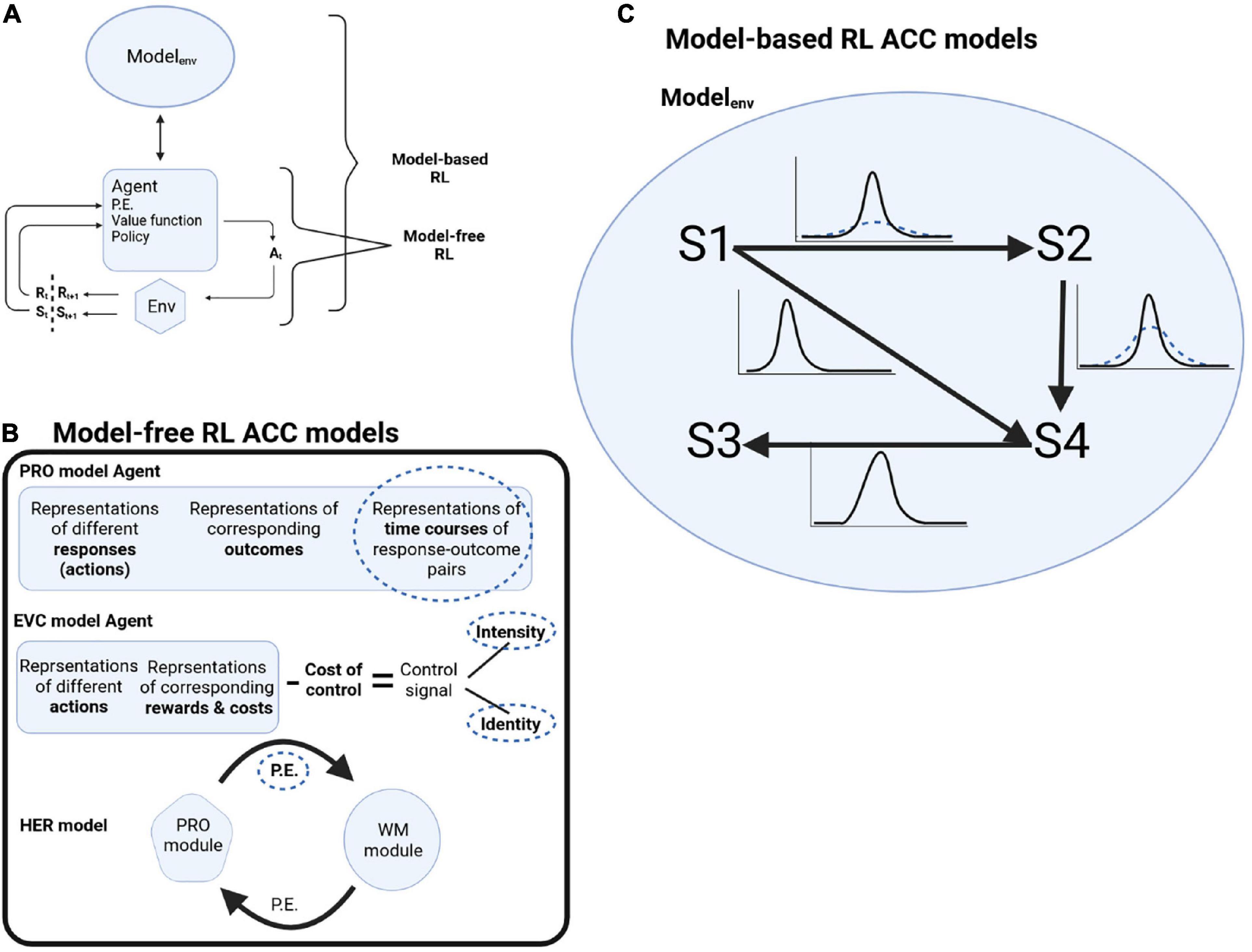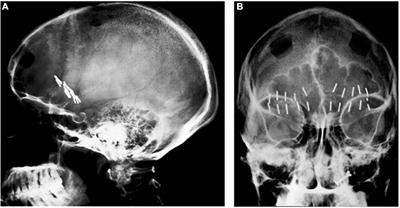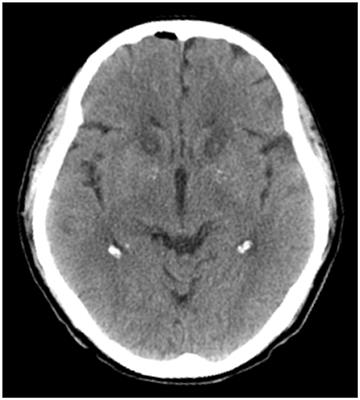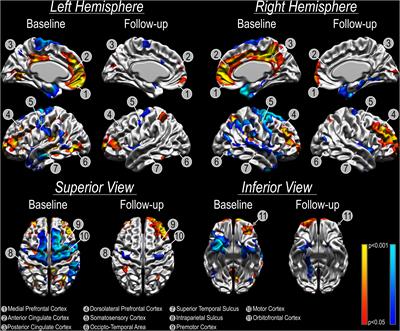REVIEW
Published on 10 Jan 2023
Understanding cingulotomy’s therapeutic effect in OCD through computer models

doi 10.3389/fnint.2022.889831
- 7,915 views
- 1 citation
4,210
Total downloads
34k
Total views and downloads
Select the journal/section where you want your idea to be submitted:
REVIEW
Published on 10 Jan 2023

REVIEW
Published on 06 Apr 2022

ORIGINAL RESEARCH
Published on 22 Feb 2022

CASE REPORT
Published on 18 Jan 2022

BRIEF RESEARCH REPORT
Published on 09 Jun 2021


Frontiers in Human Neuroscience